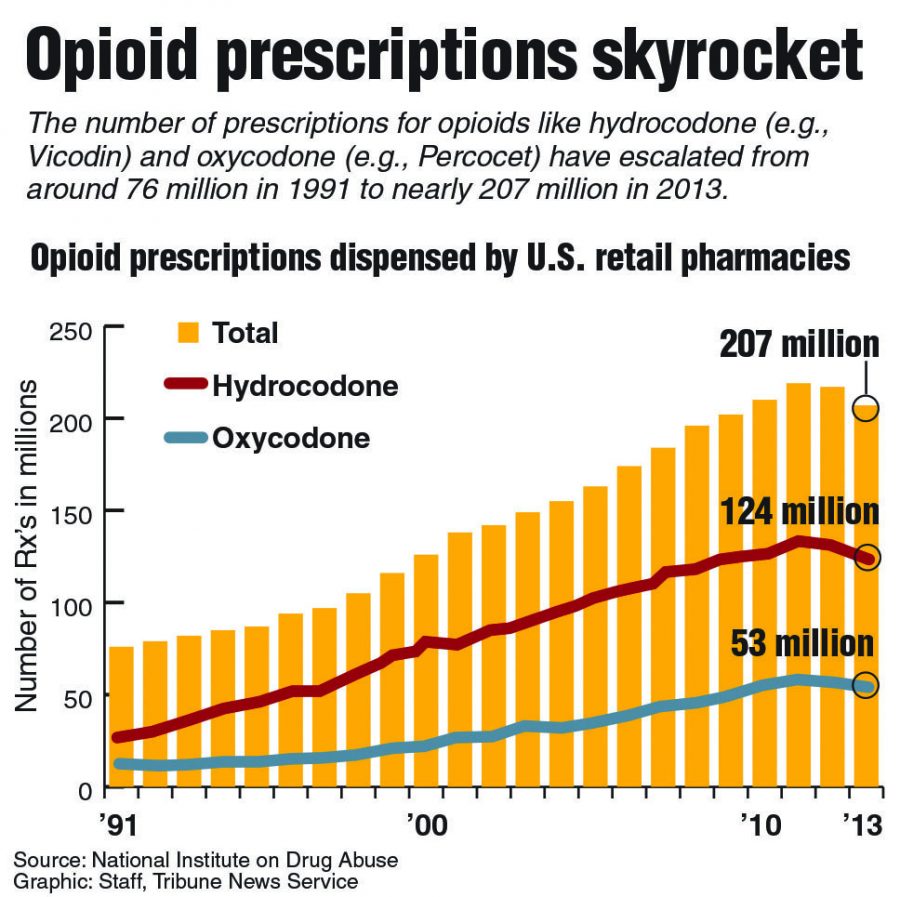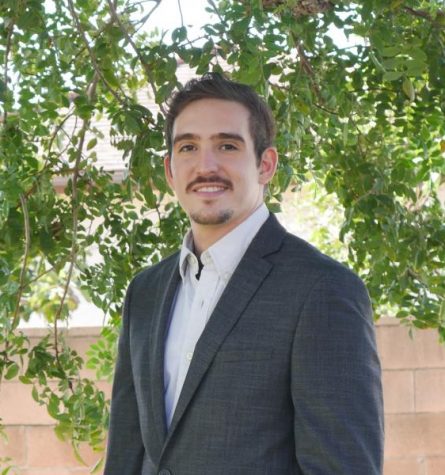San Diego Community College District Police will be hosting a place to drop of prescription medications on Saturday April 27, from 10 a.m. 2 p.m. at the Mesa College Police substation. The 17th semi-annual National Prescription Drug Take-Back Day is part of a larger program created by the Drug Enforcement Administration (DEA) in an effort to help the public properly dispose of expired or unused medications nationwide.
Officer Jane Obara, who serves as a liason for the DEA and helps coordinate the National Prescription Take-Back Day, said that it’s “completely anonymous and no questions asked about what it is or who you are, it’s 100% anonymous.”
Students may be left wondering why should they dispose of unused medication. Officer Obara said “Rather than flushing (unused prescription medications), or leaving them in their cabinet where someone can take them, we offer a way to dispose them properly. One concern is that (unused prescription medications could) end up in the hands of kids or addicts. If the (unused prescription medication) is not in the hands of the people that need them, we want to help dispose of them properly.”
Flushing medications is also not a safe option, as the contents could end up polluting our water system. According to a health letter posted by Harvard.edu, “A study conducted by the U.S. Geological Survey in 1999 and 2000 found measurable amounts of one or more medications in 80% of the water samples drawn from a network of 139 streams in 30 states. The drugs identified included a witches’ brew of antibiotics, antidepressants, blood thinners, heart medications (ACE inhibitors, calcium-channel blockers, digoxin), hormones (estrogen, progesterone, testosterone), and painkillers.”
The amount of drugs that are unused is simply astonishing. A study named “Prescription Opioid Analgesics Commonly Unused After Surgery,” found that up to 92% of patients reported that they had not used all their opioids. A different study conducted by the? Substance Abuse and Mental Health Services Administration (SAMHSA) found that more than half (54%) of people who abused opioids obtained them from a friend or relative—most of those were bought, given for free, or taken without permission.
The last semi annual National Prescription Drug Take-Back Day, held on Oct. 27, reached a significant milestone, collecting more than 10 million pounds of unused prescription medications. According to dea.gov, the total amount of drugs collected since the fall of 2010, is an astonishing 10,878,950 pounds, or 5439.5 metric tons. Since the program has begun, it has also had a significant impact on the community. According to dea.gov, “doctors are prescribing fewer painkillers, and law enforcement agencies, pharmacies and others have installed permanent prescription drug drop boxes on-site, making drug disposal even more convenient.”
Students should also note that this is an event that is taking place nationwide, and that there are many other National Prescription Drug Take-Back locations operating on April 27 throughout San Diego County. For more information to find other locations visit https://www.deadiversion.usdoj.gov/drug_disposal/takeback/.


